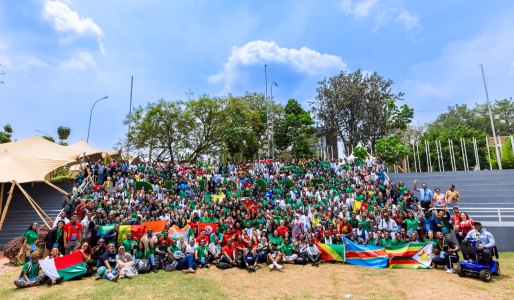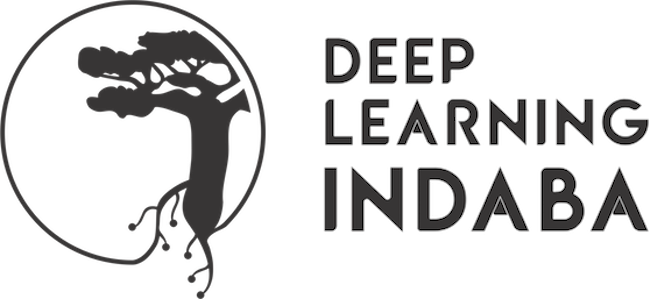Tejumade Afonja is a PhD Researcher at the CISPA Helmholtz Center for Information Security in Germany, where her work explores trustworthy AI, generative models, and synthetic tabular data. She is the 2025 Deep Learning Indaba General Chair and previously chaired the 2023 Indaba Application & Selections Committee. Beyond academia, she is the Director of the Artificial Intelligence Teaching Research and Innovation for Africa (TRI-AI) and is Co-founder of AI Saturdays Lagos, a community-driven initiative advancing AI education across Africa.
What an incredible week we had in Kigali, Rwanda for the 7th annual Deep Learning Indaba that brought together 1000 of us from 43 African countries. I am still feeling inspired and amazed by the incredible energy of our community, and I’m so grateful to have had the chance to serve as one of this year’s General Chairs.
When I think back to what first drew me to AI, it was simple curiosity, a desire to understand how machines could “think” and help with everyday tasks, from a robot vacuum navigating an apartment to a rover exploring Mars. But what keeps me in this field goes far beyond curiosity: it’s the transformative potential of AI for Africa. Traveling across the continent, I’ve seen how similar our challenges are. We all seek the same fundamentals: better infrastructure, accountability, quality education, stable electricity and internet, stronger support for farmers, and more climate-resilient communities.
AI can help. Not as a magic fix–it won’t end corruption or repair broken systems–but as an important tool for greater transparency, better decision-making, and smarter planning. We generate vast amounts of data every day; with it, we can build chatbots and virtual assistants that answer questions about voting locations, eligibility, or procedures in local languages, empowering citizens to make informed choices and elect the right leaders. We can also build forecasting models to strengthen agriculture, healthcare, and climate resilience.
We’re already seeing this impact take shape across Africa through the Deep Learning Indaba (DLI). The DLI has made significant contributions to the African AI ecosystem. Through Ideathon, teams are turning local challenges into tangible AI-driven solutions–from Amathambo AI’s automated medical roster system that helps hospitals improve efficiency and staff satisfaction, to FarmA’s proposed idea to support rural farmers with agricultural knowledge. The Ideathon shows how innovation can emerge from collaboration.
Beyond that, the DLI’s research and publication tracks help early-career researchers refine their work through the DLI Mentorship Programme, published alongside peers, and gain visibility in global forums. This year’s DLI Community Hackathon invited AI communities across Africa to prototype ideas that address African realities such as AI for indigenous language inclusion. Across the IndabaX network, local organisers are amplifying this momentum, growing new communities, nurturing talent, and bringing the vision of a connected African AI ecosystem to life. The DLI Tutorials and Practicals team is developing foundational AI content to strengthen AI education across the continent, introducing cutting-edge tools and empowering African AI communities with the knowledge they need to tackle local challenges. The DLI Workshops bring together the local and international community to explore focused topics such as AI for businesses in Africa, quantum machine learning, and the computing resources required to build these models. It also creates space for vital socio-technical discussions on trust in AI, as well as the challenges and opportunities of developing and owning the data and technologies built by Africans.
Each of the DLI’s initiatives is fully led by Africans rooted within their community, whose dedication reminds us that lasting impact often begins with small, shared experiments driven by passionate people. This movement is powered by you, and we thank you for your continued effort.
The world is changing fast, and Africa’s landscape will change with it. To become the shapers and owners of the coming AI revolution, we must learn to work hand-in-hand (Urunana), to live in the spirit of Ubuntu (I am because we are), to build together (Masakane), to seek knowledge and share it (Xam Xamlé) and to keep showing up for one another, amplifying our voices (Sauti Yetu).
Together, hand-in-hand (Urunana), we can (Yɛbɛtumi) and we will build Africa’s AI future.

